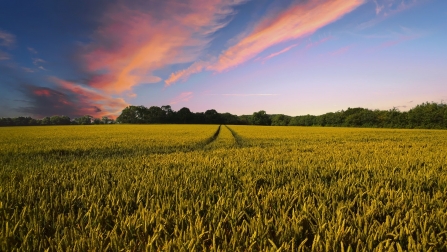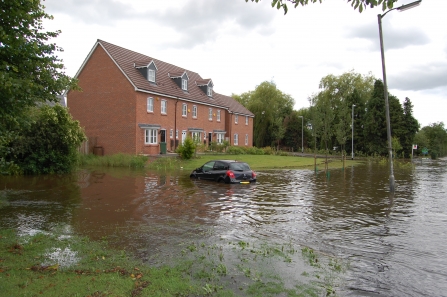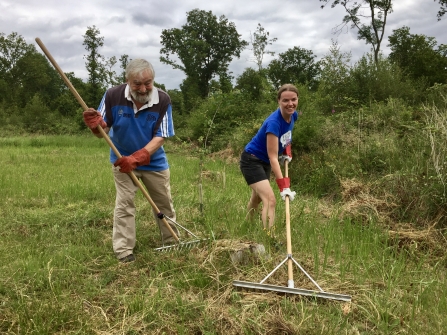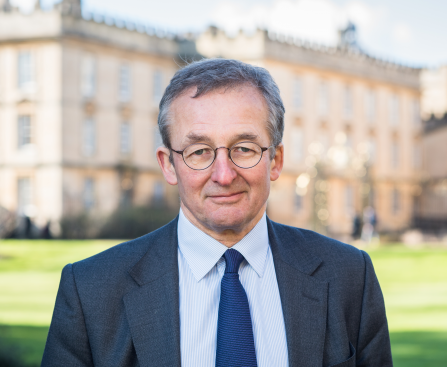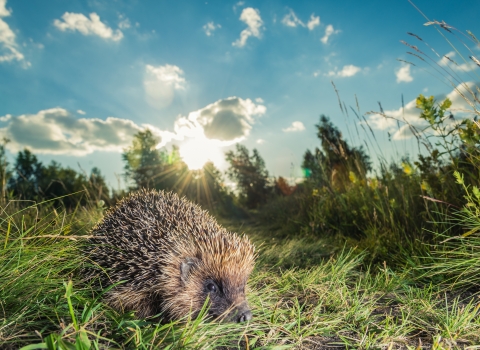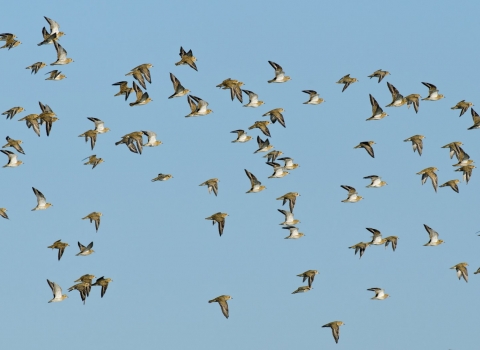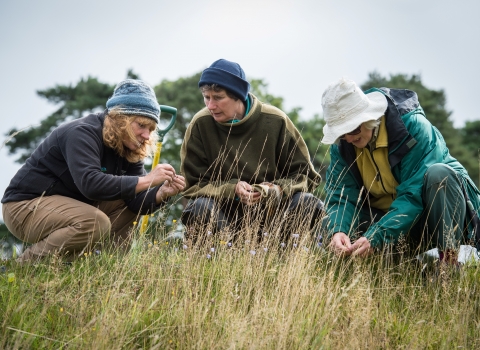We talked to our Honorary Vice President, Chair of the Natural Capital Committee and author of Green and Prosperous Land, Professor Dieter Helm, at our Chimney Meadows nature reserve, about how policy reform can turn around the fate of wildlife in the UK.
With his work at the Natural Capital Committee, Dieter Helm has advocated an approach to nature that properly recognises its value as the best way to protect it, now and in the future.
What has been wrong with farming in the UK when it comes to Britain’s wildlife?
We have had the tragedy of the Common Agricultural Policy, which incentivises farmers to do enormous damage to the environment. Not because they want to, but because they're paid to. The farming community has been as much a victim of this policy framework as the environment and the rest of us have been. Agriculture makes up 70% of the land area in the UK – and the intensification of this agriculture has wiped out the insects, the farmland birds – so much of the UK’s wildlife. It has been a disaster – but it’s not a disaster that needs to continue.


